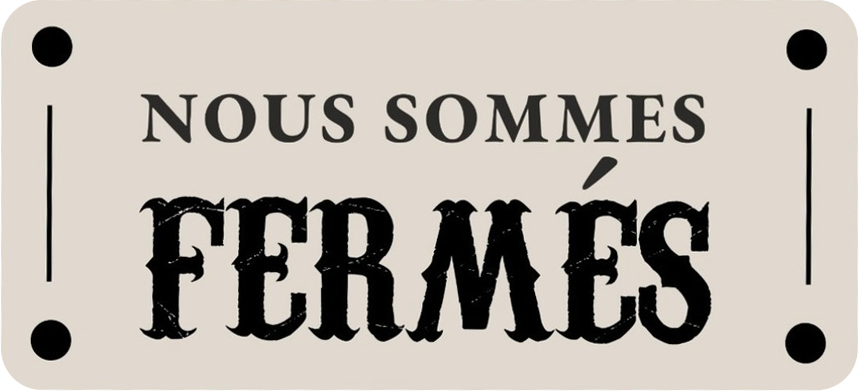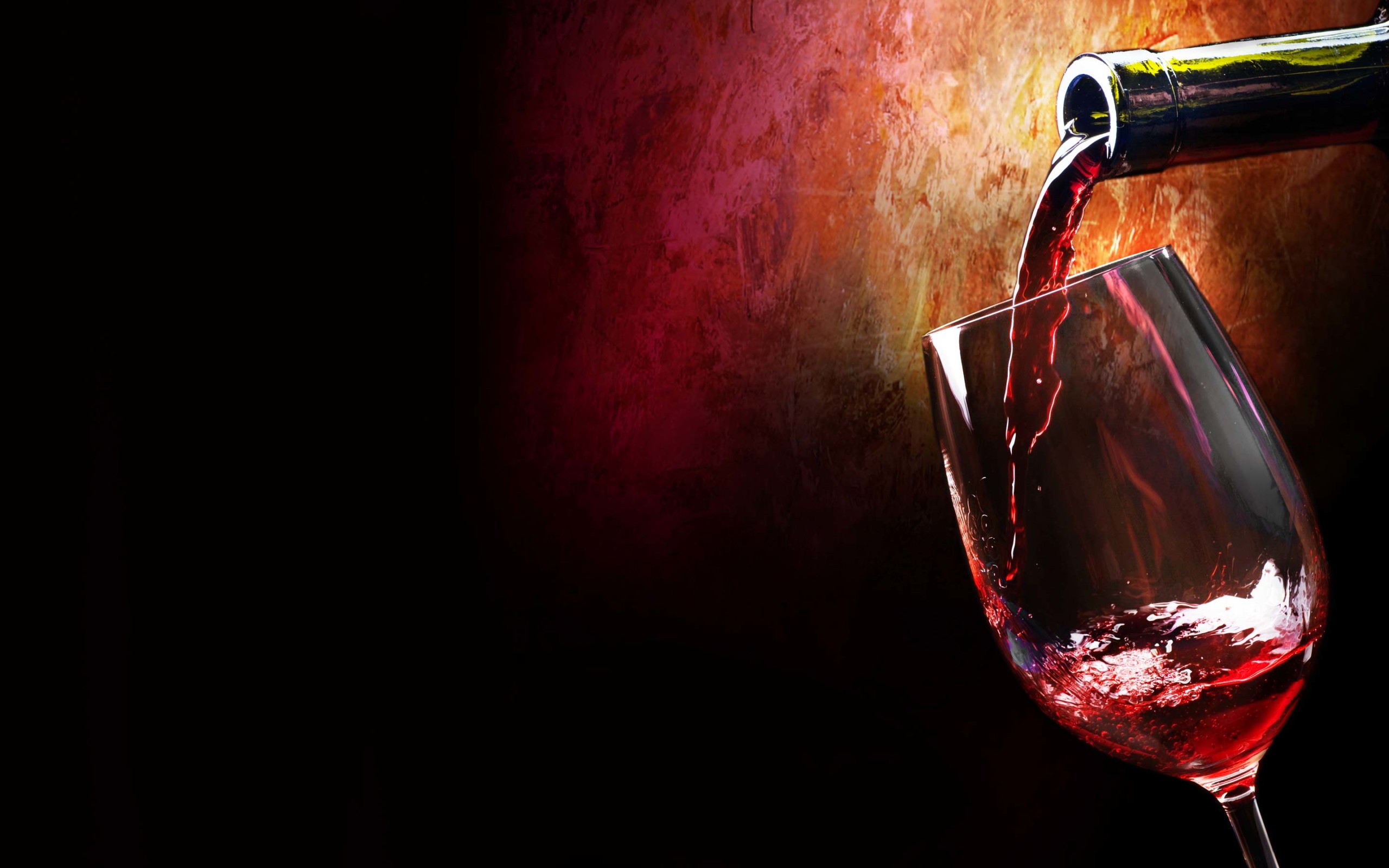Michel Thibault Wine has moved on
Please keep in touch with us at Travel Curious Often.
For outstanding wine collections, contact Double P Imports.
Thank you ~ Merci beaucoup


Please keep in touch with us at Travel Curious Often.
For outstanding wine collections, contact Double P Imports.
Thank you ~ Merci beaucoup

